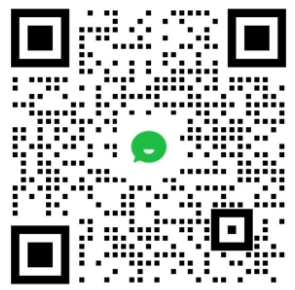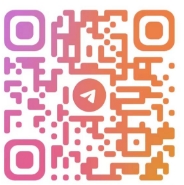初次見面,開場問候
很高興認識你
開場方:「Nice to meet you.」 、 「Great to meet you.」
回覆方:「Nice to meet you, too.」、「 You too.」
基本介紹對話
詢問對方名字:你的名字是?
What is your name?
My name is Liz. 我的名字是Liz
或是你想說明你的中文名,另告訴對方暱稱時,可使用下面這句。
My Chinese name is ________. You can call me Liz.
詢問名字,更禮貌的問法
May I have your name ?
剛知道對方的名字,禮貌詢問對方:Hi (對方名) , 你好嗎?
Hi Liz , How are you?
Pretty good. 非常好
I’m fine, thank you. 我很好,謝謝
Not so good. 不怎麼好
詢問對方年齡:你幾歲?
How old are you?
I am twenty-six years old. 我是26歲
其他問法(禮貌句):May I have your age?
詢問對方從哪裡來的?
Where are you from?
I’m from Taiwan. 我來自於台灣
其他問法:「Where do you come from?」
I come from Taipei.
除了知道介紹自己來自於台灣以外,在菲律賓遊學時常見的同學來自於哪些國家?!列表以下,這樣在聽對方介紹時,就可以快速了解唷~
Country People
台灣 Taiwan Taiwanese
韓國 Korea Korean
日本 Japan Japanese
越南 Vietnam Vietnamese
中國 China Chinese
泰國 Thailand Thailander
義大利 Italy Italian
俄羅斯 Russia Russian
沙烏地阿拉伯 Saudi Arabia Arabian
詢問在這裡遊學停留時間?
How long will you be staying ?
I will be here for (2 weeks / 2months). 在這2週 / 2個月
詢問對方是做什麼 職業/工作 的?
What do you do (for a living) ?
I am a ( Designer / Chef / Doctor ). 我是設計師 / 廚師 / 醫生?
其他問法:「What’s your job?」、「What kind of work do you do?」
詢問別人的(興趣/嗜好)是什麼?
What are your (interests / hobbies)?
I am interested in music.
My hobbies include reading, painting, and mountain climbing.
※ interests :「興趣」 – 對什麼感興趣,不一定有時間做
※ hobbies :「嗜好」- 習慣、業餘時間,有持續在做
※ Make time for hobbies 培養興趣
有些人會回說沒有嗜好、興趣,就可以問這句「What do you do in your free time?」你休息時間在做什麼?
I like to read novels in my free time.
——
容易混淆的兩個單字 “hobby" VS “habit" 用法差別
[ hobby ](嗜好)
My favourite hobby is swimming
[ habit ](日常習慣)
Somking is a really bad habit.
“ We are what we repeatedly do. Excellence, then, is not an act, but a habit. ”
亞里斯多德說:「重複的行為造就了我們。因此,卓越不是一種行為,而是一種習慣。」
這是你第一次來菲律賓嗎?
Is this your first time in Philippines?
Yeah, this is my first time in Philippines. 是啊,這是我第一次到菲律賓
This is my visit to Philippines for the third time. 這是我第三次到菲律賓
never 從沒有 / ever 曾經 / once 一次 / twice兩次 / three times 三次 / several times 好幾次 / before 以前
你以前去過(台灣/日本/韓國)嗎?
Have you been to ( Taiwan / Japan / Korea ) before?
I have never been to Taiwan. ( I do want to go! ) 我從沒去過台灣 (我很想要去!)
I have been to Japan. 我曾經去過日本
Yes, I went to Korea last year. 是的,我上一年去國韓國
各國朋友聚在一起時,經常會詢問彼此是否去過自己的國家,進而找到更多的話題~
※ have been to +地方(去過…..)
——-
延伸學習:相似句子,但話意卻差很多唷,一起學起來
have been to 跟 have gone to 的差異?
※ (have / has) been to 是「去過」某地,且現在已經回來了。
※ (have / has) gone to 是「去了」某地,但是還沒回來。
She has gone to Korea. SHe’ll be back next month. 她去韓國了,她將在下個月回來。(現在人就在韓國)
詢問對方家中成員:你們家有多少人呢?
How many people are there in your family?
There are 4 people in my family, including my father, my mother, my sister, and me. 我們家中有4個人,有我爸,我媽,我姐和我。
 /1
/1 
 扫码添加微信客服
扫码添加微信客服
